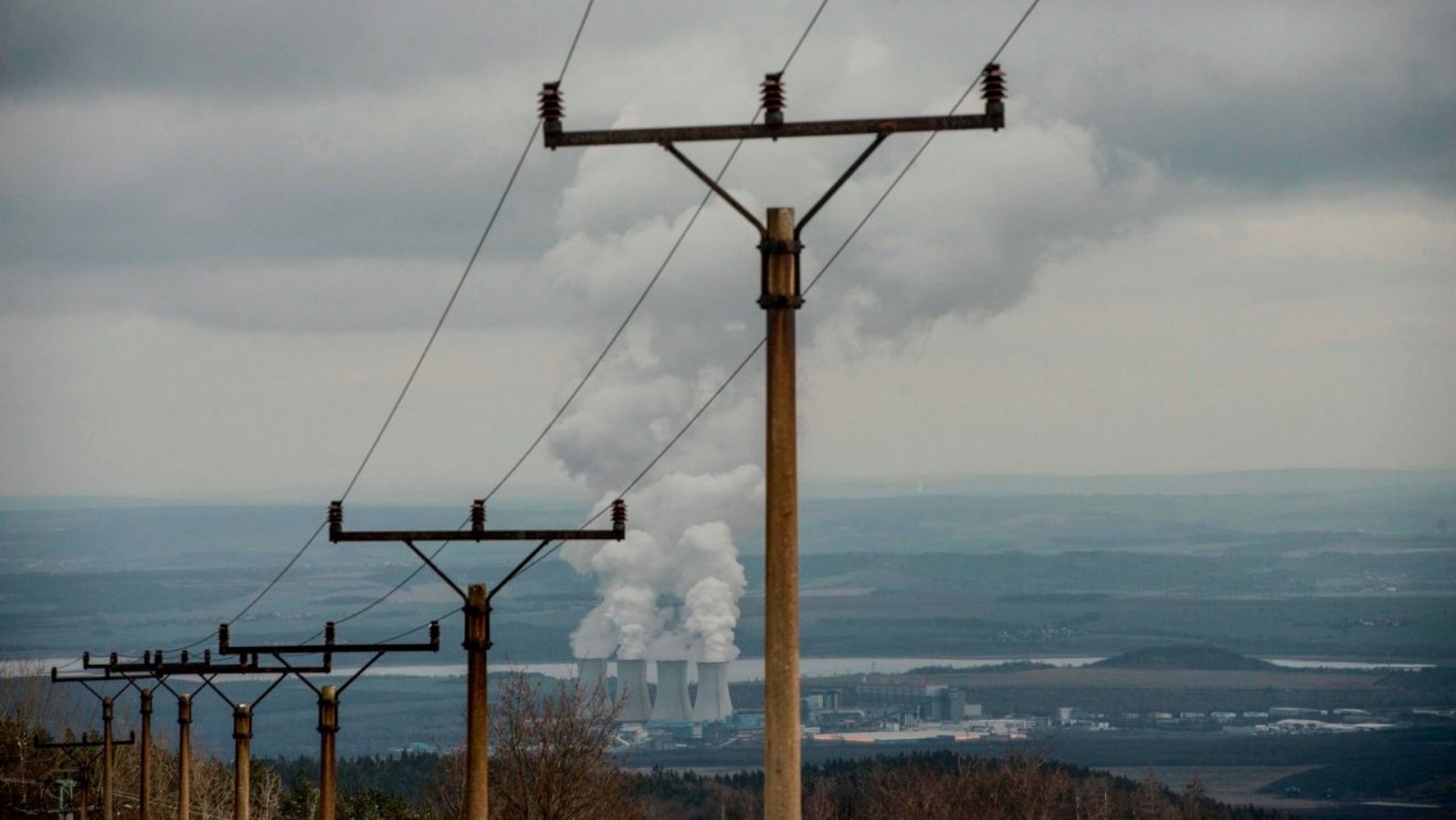UN secretary-general Antonio Guterres says all OECED countries must phase out coal by 2030 at the latest in order to comply with the Paris Agreement on climate change.
The European Union’s objective, agreed by EU leaders in December 2019, is to reach net-zero emissions by 2050. That means the Czech Republic – among the top three coal burners in Europe together with Germany and Poland – is coming under growing pressure to transition to clean energy.
A recent report by think tank Agora Energiewende found most lignite units in Germany, Poland and the Czech Republic will become permanently unprofitable in the second half of the 2020s.
“The time of coal-fired power plants are coming to an end, and many units are no longer profitable. These market trends need to be reflected in national strategies and coordinated in the countries of the coal triangle,” the report says.
Thirty years ago, Germany, Poland and the Czech Republic were all highly dependent on coal.
Up until a few years ago, none wanted to be the first mover, but increasing environmental and economic pressure, combined with dwindling resources, has forced them to move, said Aleksandra Gawlikowska-Fyk, co-author of the report at Forum Energii, a Polish think tank.
A concern for all three countries is the security of their energy supply once coal plants are closed.
The Czech Republic is a step ahead of Poland in the transition, having set up a coal commission to set a phase-out date and deal with the social and economic impact of the transition.
Some were pushing for a 2033 phase-out, but recent changes in the government have increased the likelihood that it will adopt its coal commission’s recommendation of 2038.
However, according to Czech environmental NGO Hnutí Duha, it is possible to shut down all coal plants by 2030. This is feasible and necessary due to the EU’s ambitious climate goals for 2030, but also because of the expected significant rise in price of allowances under the EU’s emission trading system, the NGO argues.
The Czech Republic has the advantage of having nuclear power, which doesn’t emit carbon dioxide. The country’s six nuclear reactors supplied 35.2% of electricity in 2019, while Germany agreed to close its last nuclear plant by 2022, making its climate objectives harder to attain.
Only 15 percent of Czechs say coal is their preferred energy source, while 75 percent support renewable solutions like solar and wind.
Even 52 percent of Czechs from lignite-mining regions (Ústecký, Karlovarský) are supportive of an end to coal mining and burning sooner than by 2035.
Support Prague Morning!
We are proud to provide our readers from around the world with independent, and unbiased news for free.
Our dedicated team supports the local community, foreign residents and visitors of all nationalities through our website, social media and newsletter.
We appreciate that not everyone can afford to pay for our services but if you are able to, we ask you to support Prague Morning by making a contribution – no matter how small 🙂 .





